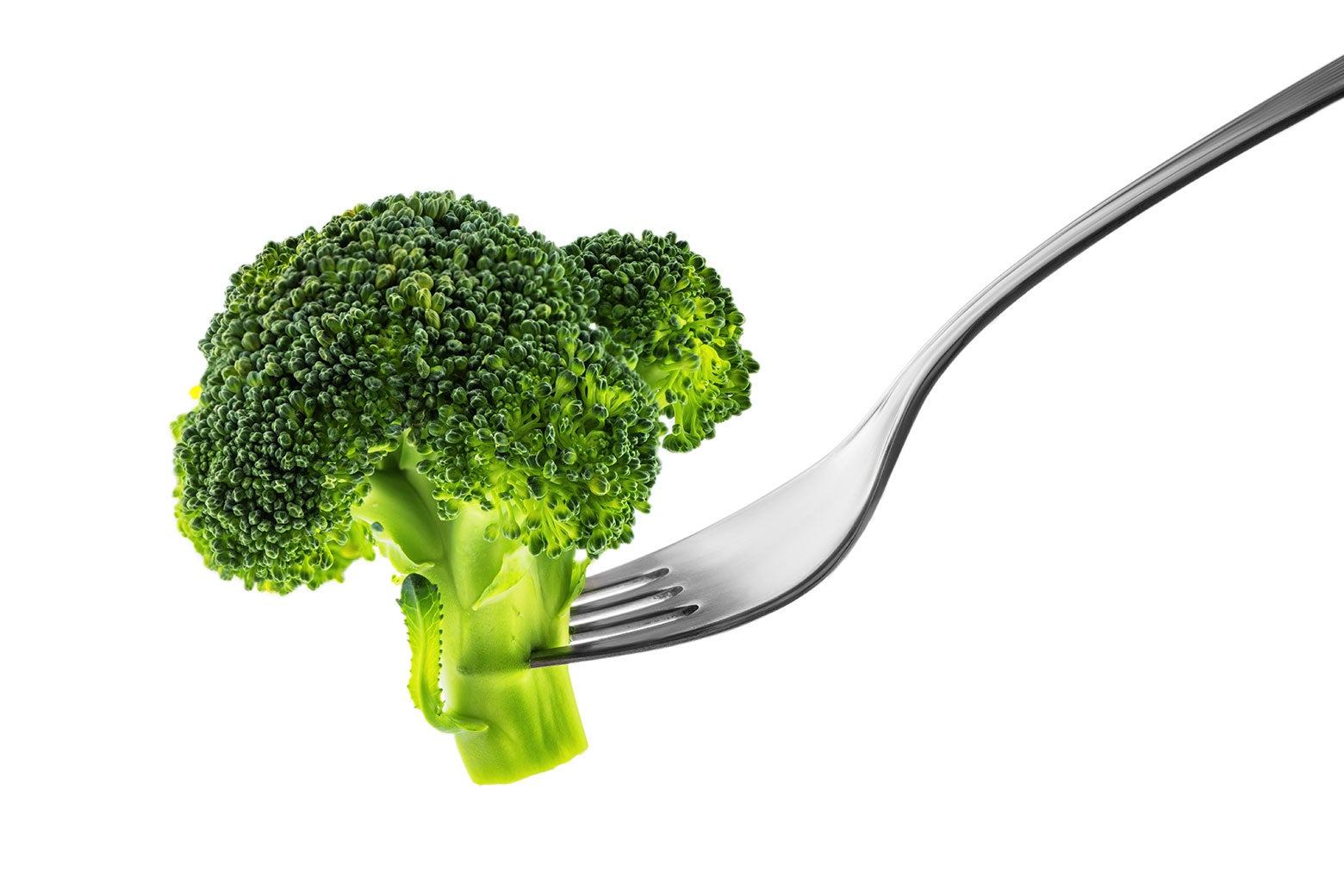Sign up for the Slatest to get the most insightful analysis, criticism, and advice out there, delivered to your inbox daily.
There’s an old joke about the Daily Mail that is timeless: The tabloid likes to categorize every substance known to humankind as either a cause or cure of cancer. There was even a song put out by the BBC 15 years ago making fun of this trend.
The problem is that it’s not just the Daily Mail. In reality, we all love stories about causing or preventing cancer, so much so that most media sources are guilty of misrepresenting the evidence that appears in the many cancer-related studies published each year.
The latest series of articles is a wonderful example. A recent scientific publication has come out noting that there is a relationship between the intake of cruciferous vegetables—a large group that includes everything from broccoli to bok choi—and a reduced risk of colon cancer. The media has, predictably, gone wild. If you believe the headlines, it would mean that we can slash our risk of a really nasty form of cancer with just a few florets of cauliflower a day.
Sadly, as an epidemiologist, I can tell you that the data are not nearly strong enough to draw such a meaningful conclusion.
The new study is a systematic review of observational research. Observational research in this context means that scientists ask people what they eat, and then look at whether the foods they consume are linked to their long-term risk of cancer. A systematic review is a type of study that aggregates all of the studies on a topic and then combines them into a single analysis of some kind.
In this case, if you look at all of the observational research on cruciferous vegetables and colon cancer, it appears that people who eat more of the veggies have less cancer. The highest levels of veggie-munching were associated with a 17 percent reduction in colon cancer risk across 17 studies compared to eating no cruciferous vegetables at all.
The problem here is with that word association. Thanks to this study and the predecessors it aggregates, we can say with some certainty that if you ask large groups of people what they eat, the people who say that they eat more broccoli each week are less likely to get colon cancer as time goes on. But what does that really mean?
It’s very hard to know from studies like this whether eating more of the vegetables actually causes improved health or whether there is some other factor going on that isn’t measured properly in the study. People regularly lie on surveys about what they eat, or they forget and make mistakes. People who eat more vegetables are systematically different from people who eat fewer veggies, in ways that are hard to control for in studies like this. It might just be that rich people have more access to vegetables and are less likely to get cancer because they exercise more, or have less exposure to known carcinogens, rather than anything specific to cabbage or Brussels sprouts.
The authors of this systematic review did try to account for some of these issues, but a fundamental problem with large nutrition studies that simply ask people what they eat is that it’s really hard to eliminate the problems entirely. That’s why we run randomized clinical trials, which can account for all of these problems.
Or, to quote the authors of the new review: “This meta-analysis suggests a potential inverse association between higher CV [cruciferous vegetables] intake and CC [colon cancer] incidence. However, these findings should be interpreted cautiously due to methodological limitations.” This is basically science-speak for: “We don’t know if broccoli prevents cancer or not.”
This feels like just another case of the media blowing unimportant findings way out of proportion. Yes, there is some association between broccoli and good health, but we already knew that. There are probably dozens, if not hundreds, of diseases where you could find some positive association like this, but in my humble opinion, that news isn’t interesting or useful to your life.
When it comes to the question of individual foods causing or curing cancer, I don’t think we’ll ever have good answers. Even for red meat—which has been researched for decades—there’s no clear proof of a cancer link.
It’s definitely true that your diet as a whole can raise or lower your risk of various diseases, but when it comes to specific foods, the evidence is much murkier. Don’t start spooning up coleslaw because you think it’ll stop you from getting cancer. If you like cabbage, eat it.

